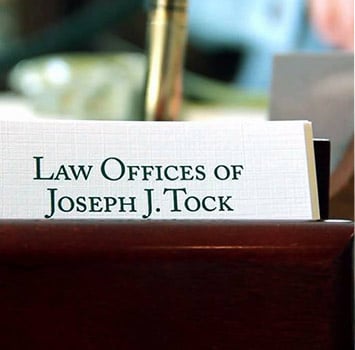When a New York governmental agency is properly inspecting a business premises as part of a routine government function, anything it observes in plain site may become the subject of further criminal investigation. It may be more accurate to say that anything that the agency observes in the proper course of its inspection may be reported to law enforcement authorities for further investigation. A New York Department of Taxation and Finance inspection was being randomly conducted recently when officials spotted drugs, and the discovery eventually resulted in the arrest of two persons on drug charges.
The agency informed the NYPD, and the law enforcement agency obtained a search warrant. The police went there and observed the drugs where cigarettes would normally be stored. They obtained a search warrant and closed the building down.
The search and procedures leading to the seizure of illegal drugs and the arrest of two men illustrate some issues that can arise in these types of cases. First, if the Taxation and Finance officials were outside of the defined scope of their investigative powers when they observed whatever they observed, then it is possibly an illegal search. Any actions taken after they illegally observed contraband would be subject to a motion to dismiss and/or to suppress the contraband.
The major drug charges in this case may therefore be on a shaky legal foundation under New York law if the initial observation by agency officials was out of bounds. If the initial observations by police, made prior to obtaining a warrant, were out of their authority under the circumstances, then the contraband would be subject to a motion to suppress for those reasons. It is virtually impossible to predict the identity or outcome of defense motions at this time. Defense counsel must thoroughly investigate the facts and evaluate the strengths and weaknesses of potential defenses with the accused.
Source: New York Post, “Cops make major drug bust inside candy store“, Amanda Woods View, June 23, 2016

